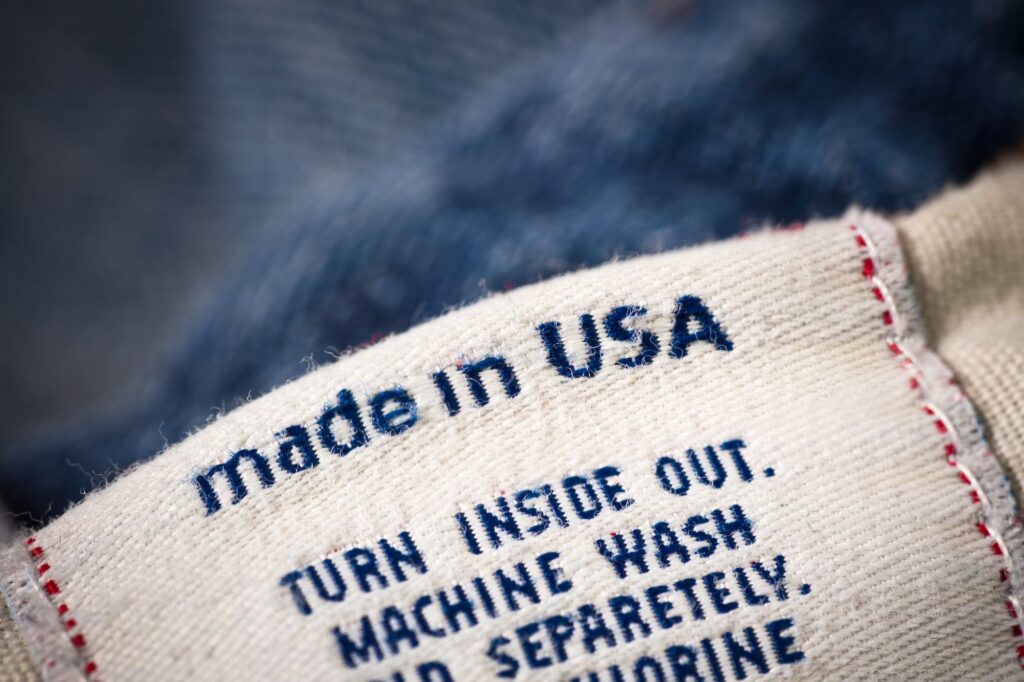A Morning Consult survey from June found that despite rampant inflation, 65% of Americans “intentionally” purchased domestically-produced goods over foreign-produced ones within the past year, with 43% making it a “priority.”
One company seeing this trend firsthand is American Giant, a San Francisco-based retailer whose merchandise is made in the U.S. The company says it logged record sales for its Fourth of July T-shirts this year, and the $60 shirts, featuring the slogan “American Made,” sold out on the first day, The New York Times reported.
American Giant CEO Bayard Winthrop said the company excepted a reasonable level of purchasing traffic ahead of the holiday, but it’s now on its fourth purchase order to meet demand.
While American Giant has been producing its clothing in domestic factories for over a decade, Winthrop says that the recent uptick in interest could possibly be exacerbated by supply chain issues overseas.
“Reshoring,” a trend wherein businesses move production that was overseas back to its home country, has garnered traffic over the past year. Bank of America and UBS analysts noted a significant increase in mentions of reshoring during corporate earnings calls in the first quarter of 2023 as compared to the same period last year, CNBC reported.
Factors such as Russia’s invasion of Ukraine and the ongoing effects of the pandemic — both of which have caused ongoing disruptions in shipping — have prompted companies to reconsider their sourcing strategies, the outlet noted.
Related: The Man Behind the Hoodie That Started the Made-In-the-USA Apparel Movement
In contrast, many retailers such as Target, Walmart, and Old Navy stock their shelves with imported patriotic-themed merchandise ahead of July Fourth, The Times noted, sparking criticism from some domestic producers regarding the disconnect between their marketing and manufacturing practices.
“If you’re leaning into Americana to sell items that aren’t American made, I find it disingenuous,” Kristen Fanarakis, founder of Los Angeles-based brand Senza Tempo, told the outlet.
Still, the price remains a factor. In the Morning Consult survey, those who said they would be willing to pay more for “Made in America” goods, 73% said they would be unwilling to do so if a product cost 10% more than a foreign-produced equivalent.
Related: FTC Says Clothing Store Lions Not Sheep Was Faking Made in USA Labels
Last month, lawmakers introduced a series of bills called the Level the Playing Field Act 2.0, which was introduced in early June and aims to address issues such as foreign producers moving factories to other countries to circumvent U.S. trade laws.
